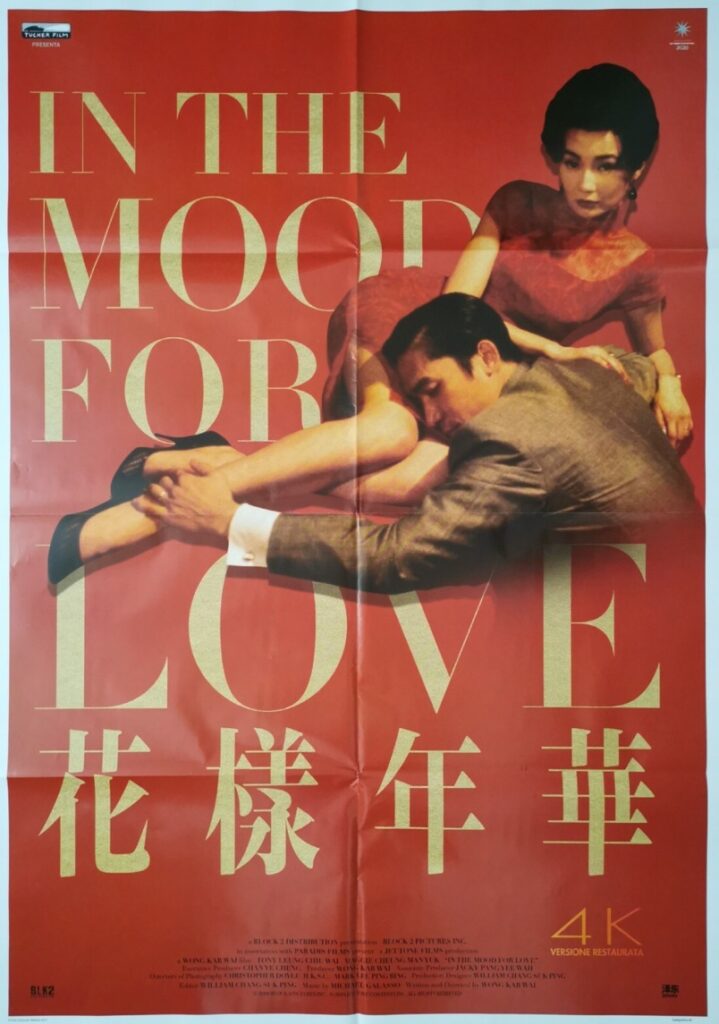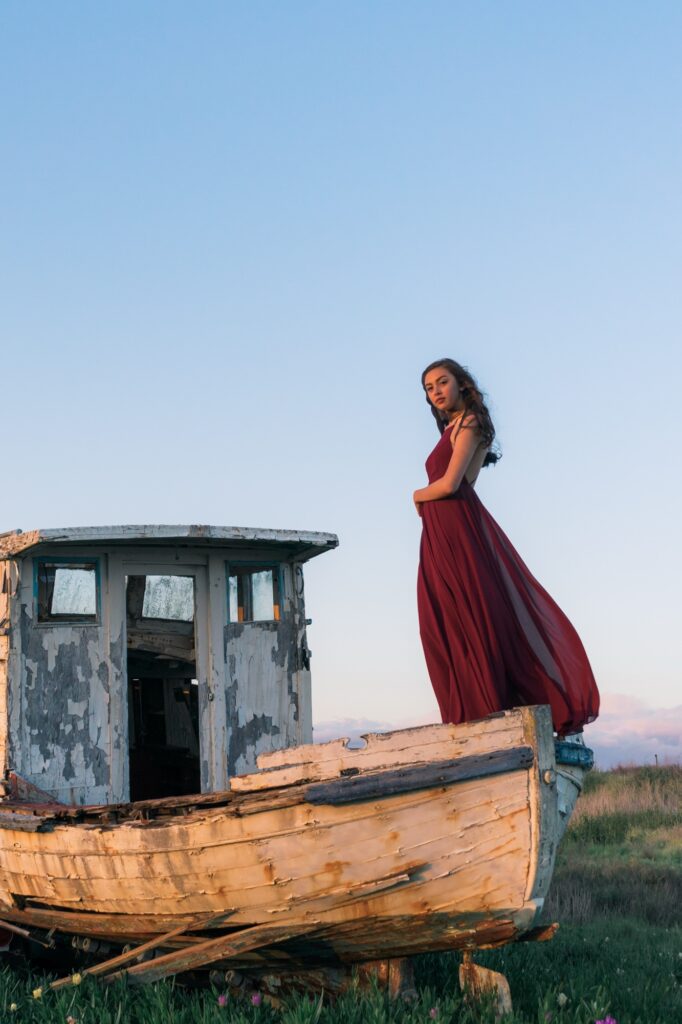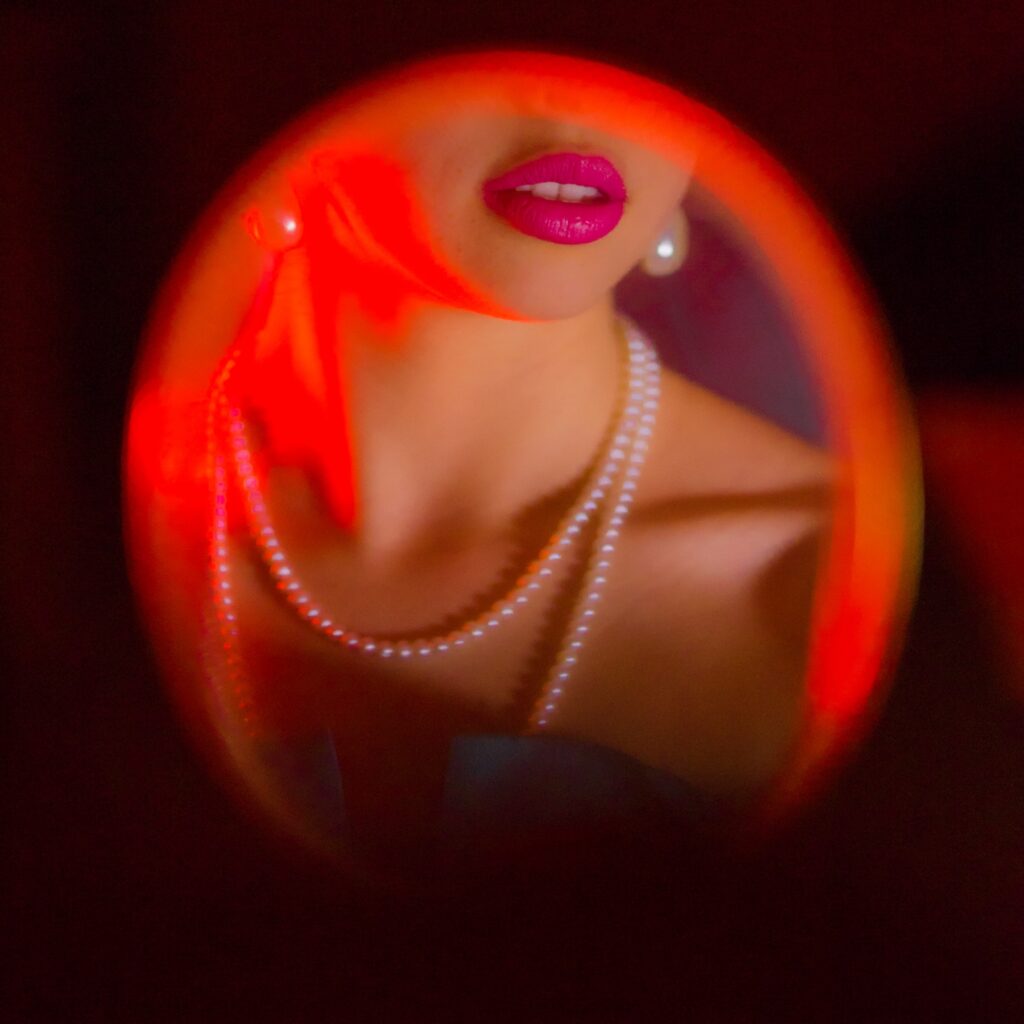
A decade ago, maybe less
As a visual artist, who loves making photographs, I understand the challenge – truly – of creating something mesmerizing, emotive, and transcendent.
I have some photos I made with Jane, and some with Adalie, and a few others that accomplish transporting me to an imaginary realm of my own inventing. It is extremely difficult, 9/10 photos I took never made the cut.
Here are some of photographs that give me the fizz:



So believe me when I tell you that sitting through Wong Kar Wai’s film is a mind blowing experience for anyone who has attempted in any small way to pull off what he accomplishes frame after frame after frame.
Every single shot in that film is absolutely perfect. The lighting, the Mise-en-scène – the intimacy of how it’s shot, the naturalness between actors, Tony Leung and the absolutely gorgeous Maggie Cheung is unreal. You do not have to speak Chinese to understand what the film is about, and it’s universal. It transcends language, asian culture, and even the time period the film is shot in.
I have known for years that Wong Kar Wai made other films that are all loosely connected to In The Mood For Love, and after saying for years I would get around to watching them, I finally did. The films follow this order, but you can watch any of them without seeing the previous film.
- Days Of being Wild
- In the Mood For Love
- 2046
Days of Being Wild
The ways these films are constructed, the storylines are non-linear. They hop around a lot and it’s somewhat disorienting, I think on purpose, because the film isn’t really about the events happening in the film, it’s a really about the situations and emotions people often find themselves in. It’s a commentary on what it is to be human.
In this film we meet a restless man named Yuddy who is a tom cat type of guy, that goes around chasing women and having affairs with them. He’s a player, a gambler, and probably a petty criminal. He doesn’t want to work, he doesn’t want to fall in love – and it turns out he’s adopted and wants to find his birth mom.
He kind of bullies a young Maggie Cheung into a relationship, but she caves and falls head over heels for him, but then for no reason at all, he’s off with Mimi, some bimbo from da club, that has as much fire inside of her as Yuddy does.
The film showcases their relationships and his quest to find his mother, every character in the film is desperate for love and it seems are fated to never find it in Wong Kar Wai’s universe.
This film is shot on a lower budget, you can tell that his vision was there but the film doesn’t realize it fully. I love how he shot it, you can tell that he is shooting it with a small team and that he has the eye for what he wants to do, but it seems as if he is working with constraints while making this film.
He shoots most of the film with a close lens and like the time hopping and non linear storylines he uses this in his films, I believe, to disorient the viewer in a way.
Much of the film takes place inside apartments you never see. The camera is so close to the subjects in some scenes you can’t see both characters. This creates the sense of being disoriented but also of extreme intimacy.
The difficulty of this is that every expression is in pure focus, there is nothing to distract the viewer if the acting is not extremely believable.
Like every other film in this series it ends leaving the viewer with a sense of longing and of loss, and the feeling of being unresolved. Without giving too much away, I recommend watching this movie but only after you’ve seen the next one.
In The Mood For Love
This film connects at every level. I raved about it in the opening, and I could continue at length. What I will say is it fires on all cylinders and never lets up. The emotional intensity of this film is only heightened by the beauty of the sets, costumes, actors, and the connection between the characters.
In this film we are introduced to Chow Mo-Wan and Su Li-zhen Chan (Maggie Cheung), who Yes, is the same character as the woman who fell in love with Yuddy in Days of Being Wild.
These two characters both happen to be moving into their respective apartments in the same day, right next door to each other. They are both married but seem unhappily neglected by their spouses in some ways, and there are clues that in their social circles infidelity is rampant.
Being alone often on the same hallway they bump into each other and make small talk, a neighbor asks Su Li-zhen to have her husband bring another rice cooker back from Japan on his next trip, and then proposes she bring another one back for Chow. He refuses but then she says that it’s no trouble at all – and that’s where things start to get interesting .
Slowly the narrative unravels and we learn that both of the character’s spouses are absent so often due to extramarital affairs that they’re engaging in. The two of them slowly start to figure it out together and to cope with the pain begin role playing together. He plays her husband for her and she plays his wife for him. It’s even more complex than that but I don’t want to give too much away, but it is a very poignant scenario to watch these characters go through to try to understand how their partners could fall in love with another person without any guilt or remorse.
Over time, the two form a connection, but just in like other films that are legendary for the sense of intimacy and emotional intensity – like Lost in Translation, it’s really never obviously stated that they’re falling in love, and even more perplexing to modern viewers, they virtually never discuss it. They say they won’t be like “them”, meaning their spouses but Wong Kar Wai just let’s the intensity build and build and build throughout the film.
The movie ends like the other one, leaving the viewer wanting more, much like the characters in the film. The story doesn’t end, it never really started. We come into a moment in the lives of these characters, and then the moment fades and that’s it.
2046
This film is really odd. It includes a story within a story, but much like the actual story we are watching – this one is quite abstract and isn’t a tangible narrative to attach ourselves to. We jump around not only in time but also between the reality of 2046 and the fictional world of 2046, a sci fi novel written by Chow, the love interest of Maggie Cheung from In the Mood for Love.
He’s left HK for years but now finds himself returning. He has never healed from falling for Su Li-Zhen, and because he wishes to protect himself from that kind of pain, he refuses to commit to any woman, but instead becomes a gambler and a lecherous lothario. In In The Mood For Love, Chow is a sympathetic character. If you’ve ever been burned in love, or pined for a woman you would never have, then you understand his situation, and he handles it almost perfectly.
In 2046, he’s cruel, made hard by the loss of the love of his life, and even if you’ve understood his actions, you cannot sympathize with him. His character is now unlikable as the viewers see how he destroys the hearts of women who are foolish enough to play his game.
I will say Chow does have a satisfying story arch, but it’s mildly satisfying, only in as much as that we ultimately do see that he seeks to change but it ends abruptly and without giving the viewer any resolution, which is in a sad way, how life really works.
Thoughts
Every film is shot absolutely beautifully, and with the heart, not the mind. Wong Kar Wai makes pictures that require technical excellence but it’s just an afterthought to him. I mean that feels like the easy part. What excels is the emotional richness of the film. Wong takes things away from the viewer, he takes away their sense of time, their sense of space within the film, he takes away the plot, and intentionally tries to lose the viewer, in one case intentionally putting two events in reverse order, just to mess with the viewer and let them feel as the character felt when he had realized what had happened prior.
He doesn’t do this cruelly, he does it because for his vision and for his message, these artifacts that we rely on in traditional film making – to build a world and to make meaning, literally don’t matter. Hong Kong isn’t the story, 1963 is not the story, that apartment, that hallway, the back of that cab, they’re not the story. The story isn’t even the characters, it’s the feeling of aching for years and never getting what you want. It’s the anticipation of happiness without even the satisfaction of being denied so that you can move on with your life. It’s the time things take to never go away. To me, that is the story.
Then he wraps all of this up in this overly indulgent, overwhelmingly perfect world where smoke lingers in the air in slow motion, and where you can hear a heart beat between the pauses in the whispered dialogue.
As a photographer the craziest part isn’t the set decoration or the colors or the costumes. It’s the lighting – every scene is perfectly lit just where Wong Kar Wai wants you to see and almost black where he doesn’t want you to see. He gives up so little visual space already but then he makes the space so dim you can’t even see it. It is more visual isolation from the world of his films, but it’s not just meant to make the loneliness seem visually overwhelming, it’s also to bring into the scene the intimacy of the moment as there is literally nothing else.
If you’ve ever been in a conversation like the ones held in these films the darkness of the outside world is a real phenomenon that lends authenticity to the experience.
I’ve spent nights of my life wrapped up in some of these kinds of settings and I can’t tell you what the world looked like outside of the room or car I was in, or who was president or what news happened that day, but I can tell you what was said between us as easily as some quote a book of hymns. That sensation of being in a memory is accomplished perfectly, and it’s something we don’t experience much in film. The world is noticeably unreal, it’s too uncluttered but where it is cluttered it is too aesthetic to be real. The lighting is not natural and is too perfect – and watching the film I realized I wasn’t inside of another world, I instead was experiencing something else, a memory or a dream that came from his real life, idealized and re-imagined and transmitted perfectly. It doesn’t matter what happened in this film, it matters how it felt, and that’s what you really take away from it.
These little things are the aspects he nails flawless, things you’d never really even think about unless you watched it again and thought about why it made you feel that way. He finds ways to say things in the film without ever having a character discuss it, and without giving too much away I’ll highlight one now.
Throughout In The Mood For Love there are a pair of slippers that are almost never discussed but you need to pay attention to them and all of the meaning connected to them.
So that’s it, this is a film for lovers, for thinkers, for romantics and for people who have lost it all. Go watch it today.